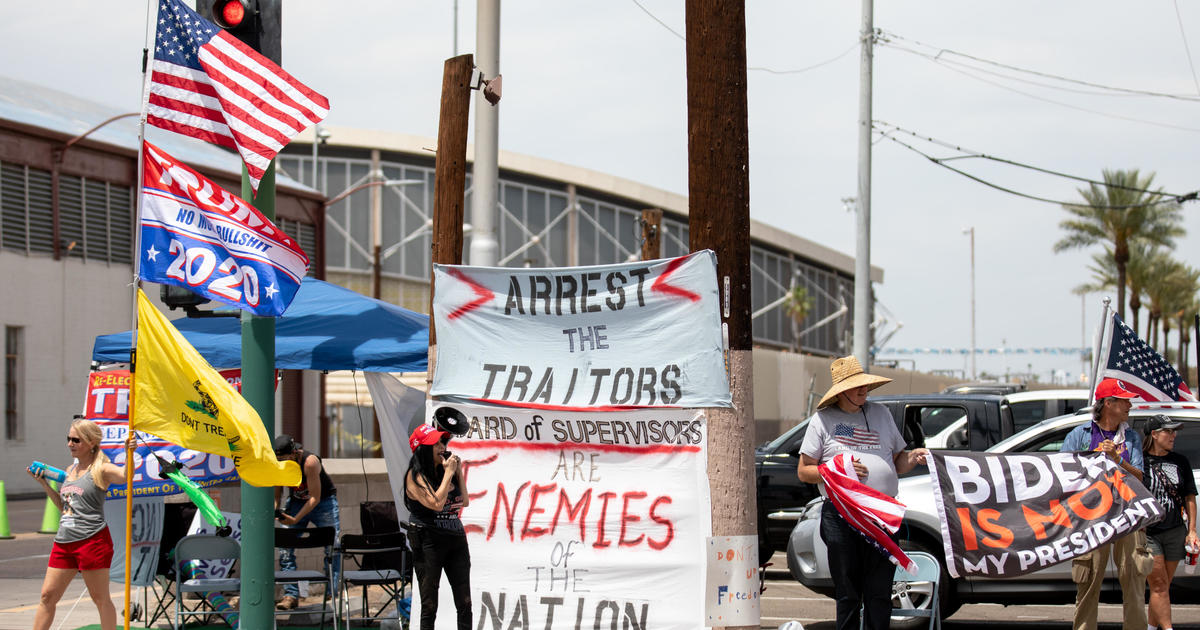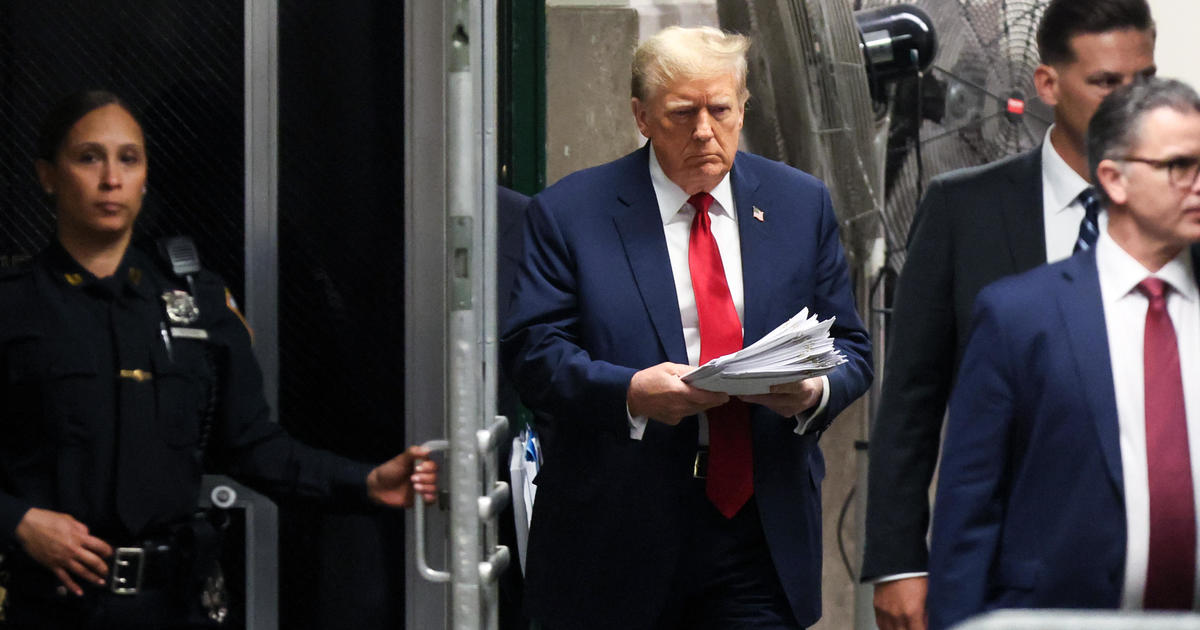What kind of manager will President Donald Trump be?
Iconoclastic and irascible, outrageous and out-of-sight rich. These colorful personal traits, among others, are what the public knows about President-elect Donald Trump. But such characteristics say little about how Mr. Trump might manage a government that spends more than $4 trillion yearly once he assumes power on Jan. 20.
Based on how the real estate mogul has run his businesses, election campaign and presidential transition, though, a picture does emerge of his likely presidential style -- as someone who is prone to managing by the seat of his pants, puts a premium on his personal negotiating skills and fosters a workplace of so-called “creative tension,” where his lieutenants will compete fiercely.
Thus far, his cabinet and staff choices include a number of contentious types, like chief strategist Steve Bannon, which has not inspired public confidence. According to a Pew Research Center study, only 40 percent of respondents approved of his picks, versus 71 percent for Barack Obama’s in December 2008. Paul Brace, a Rice University political science professor, predicted that rivalries will surface among his subordinates. “You’ll see a lot of leaks to the press,” which signals internal dissension, he said.
Of course, at this stage any prediction on how Mr. Trump will govern is inherently speculative. Forecasting how he will operate as the country’s 45th president is a tougher task than was the case with many of his predecessors. The biggest reason is that Mr. Trump has no experience in government service to measure his record against. Almost all previous presidents have held elective office, or were, like Dwight Eisenhower, war-winning Army generals (William Howard Taft and Herbert Hoover held only appointive cabinet posts.)
Certainly, as a candidate Mr. Trump put a premium on being outside the political establishment, which resonated with a big chunk of the electorate and led to his victory. He broke the rules for presidential campaigning -- GOP competitor Jeb Bush told him in a debate: “You can’t insult your way to the presidency, Donald.” But it turned out that he could.
That record of thumbing his nose at political tradition, if only only on the campaign trail, raises the question of whether he also will smash the rules for presidential conduct and be similarly successful. To Paul Glatzhofer, a leadership consultant with employee screening firm Select International, Mr. Trump has the equipment to handle the presidency: “Love him or hate him, Donald Trump is a successful businessman with strong leadership skills.”
Indeed, in addition to winning the presidency, Mr. Trump has become a billionaire with a large real estate empire -- no mean feat.
While the president-elect has ample detractors happy to denounce him for mendacity, boorishness, sexism and racism, he also has a coterie of peers who admire him. As Thomas Barrack, head of private equity operator Colony Capital, put it in endorsing Mr. Trump in February, “Donald is one of the smartest and most astute businessmen I have had the pleasure of knowing.”
Beyond any doubt, however, he is unlike the standard business chieftain, whether in the staid suites of Corporate America or the more rollicking realm of big-time real estate.
“Trump manages by instinct,” said Nancy Koehn, a Harvard Business School professor who specializes in the history of leadership. His off-beat management behavior, she said, renders him “unique, although not in the way Picasso was unique.”
Expect to see Mr. Trump manage the presidency by:
The seat of his pants. Famously, Mr. Trump has said the adviser he depends on the most is himself. Atypical for a major corporation, his company, the Trump Organization, lacks an organization chart. As a businessman, he chose what properties to buy or build in large part on gut feel (although he certainly examined financial projections and the like). As Mr. Trump wrote in his 1987 book, “The Art of the Deal”: “I don’t hire a lot of number-crunchers, and I don’t trust fancy marketing surveys. I do my own surveys and draw my own conclusions.”
That book illustrated how Mr. Trump works. He wrote about how he saw that a rundown hotel in Manhattan, called the Commodore, had great promise. A rational analysis at the time suggested otherwise. This was the 1970s, when New York City was in rickety financial shape, with crime and blight driving people and businesses out of town. But Mr. Trump had faith in the city long-term, and liked that the hotel sat beside Grand Central Terminal, a busy rail station. With the help of tax breaks and a partnership with Chicago’s Pritzker family, he made it into what today is a shiny hotel and meeting center called the Grand Hyatt.
Nevertheless, his instincts are far from infallible. Mr. Trump’s early successes in the 1980s resulted in his taking on enormous risks, like building three casinos in Atlantic City, buying a football team and an airline. When the economy turned south in 1990, he found himself deeply in debt with money-losing assets, and teetering on the edge of bankruptcy. Later came such pratfalls as the controversial Trump University, which went defunct amid student lawsuits alleging they had been defrauded.
As a result of his freewheeling nature, said Rutgers political scientist Ross Baker, “Get ready for surprises” from the Trump White House. “He’s impulsive, improvisational and idiosyncratic.” For instance, he can’t resist sending tweets that attack others, most recently the steelworkers union local chief at the Carrier plant in Indiana where he took credit for saving jobs from being shipped to Mexico.
Constant negotiating. Mr. Trump has described the best part of doing a deal as the dickering over terms. “He considers himself the world’s best negotiator,” said economist Gary Shilling, who runs an eponymous asset management firm in Springfield, New Jersey, a former informal adviser to President George H.W. Bush. In this year’s campaign, Mr. Trump took heat from Democratic foe Hillary Clinton for stiffing contractors on his projects. Mr. Trump has been involved in a long list of lawsuits, which can be viewed as another form of negotiation that has often ended in hard-fought legal settlements. He eventually settled the Trump University lawsuits for $25 million, about half of what the plaintiffs originally sought.
Mr. Trump’s early-1990s financial near-death experience does show him to be very good at negotiating. He owed $3.4 billion to creditors, including some of the biggest banks in New York, and was personally on the hook for $830 million of it. He convinced his creditors that his empire remained viable, that he could turn around his ailing properties -- and that pushing him into insolvency would hurt lenders badly if they had to write off his huge borrowings. Mr. Trump was eventually forced to shed some of his holdings and wiggled out of his liabilities, eventually recovering his fortune.
If, as president, he effectively appoints himself “negotiator-in-chief,” Mr. Trump could face tough tussles with the Chinese regime over trade and with Congress over his expensive infrastructure plans.
Creative tension among subordinates. Anyone who watched his hit TV show, “The Apprentice,” knows that working for Mr. Trump is often not an idyllic experience of love and cooperation. He once told USA Today: “Life’s a vicious place. No different than a jungle.” Contestants scrambled to outshine each other and win a $250,000 year-long job at the Trump Organization.
“Trump likes to have a debate over ideas,” said Edward Mills, a financial and Washington policy analyst at investment bank FBR Capital. Apparently, this is not some Socratic process where policy wonks drone on for hours. Mr. Trump’s short attention span is well-known. Rather, it is pragmatic conversation about what would work best.
While he likes to fly solo on some decisions, he always has depended on a coterie of aides, and he likes to delegate. Although he is loyal to subordinates, he often has no compunction about using his favorite phrase from the TV show: “You’re fired.” The turnover on his campaign staff demonstrated that.
In another book, “How to Get Rich,” he wrote: “A visitor in my office once mentioned that the goings-on there reminded him of a family fight in progress. I will admit that the volume level gets high now and then, and he wasn’t far off in his assessment. But if you want smooth sailing every day, move to the Mediterranean.”
Obama’s White House has been described as a calm place, presided over a president known as “no Drama Obama.” That placid scene is about to change.



